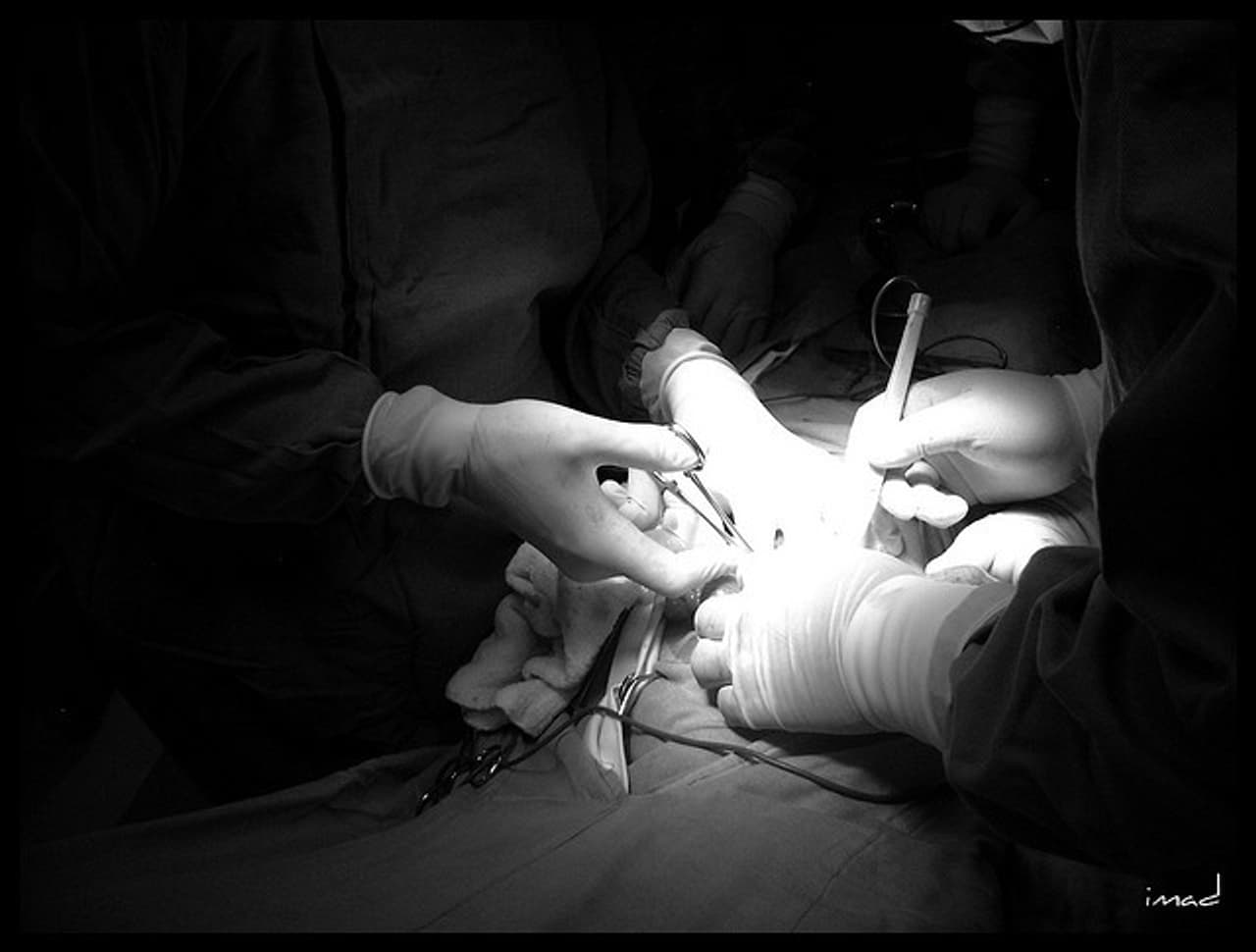
NHS whistleblowers: Doctors gagged after attempts to expose malpractice
The Bureau of Investigative Journalism and Channel 4 News can reveal doctors are being gagged after they have blown the whistle, and in a number of cases their reputations are shredded as NHS managers apparently attempt to divert attention from the problem raised in the first place.
Whether it is a complaint about a fellow surgeon botching operations or over a manager distorting waiting times, NHS whistleblowers are meant to be protected by law. They are not allowed to be gagged.
But a joint investigation by the Bureau and Channel 4 News can reveal that doctors are being gagged after they have blown the whistle. And in a number of cases their reputations are shredded as NHS managers apparently attempt to divert attention from the problem raised in the first place.
I cannot think of a single reason why anybody should be paid to keep their mouth shut in the NHS. Dr Dawson
In a number of requests made under the Freedom of Information Act we discovered that over the past decade 170 doctors signed a settlement, or compromise, agreement with their trust. We were given 64 heavily redacted contracts to review. Of those 55 – that is nearly 90 per cent – contained gagging clauses.
The trusts did not tell us if these all involved whistleblowers. But from discussions with doctors and medical law experts, we know that staff who blow the whistle are often asked to sign these confidentiality contracts.
There is a Public Interest Disclosure Act (PIDA) that is meant to be the government’s guarantee to the whistleblower that he or she will not be sacked. An FOI of 400 trusts in England asked how many staff had blown the whistle and gone to an employment tribunal, using PIDA, over the past decade. We were told of 19 members of staff who settled before their cases could be heard.
Again we were told that it is standard practice to include a gagging clause in a settlement agreement. Yet these were, by the very nature of the act they were using to take action against their employers, whistleblowers.
In video: Documentary reveals the unhealthy profits of the pharmaceutical industry
In the Baby P case, a locum at St Ann’s Hospital in north London failed to spot injuries that led to his death. Yet a paediatrician there, Dr Kim Holt, with three colleagues, had earlier raised concerns about the hospital. She was reportedly later offered £120,000 to leave and stay silent, which she refused. The hospital denies that the payoff was an attempt to gag her.
In Wales, Dr Lucy Dawson, was an accident and emergency doctor at Nevill Hall Hospital in Abergavenny for 17 years. Under the trust’s whistleblowing policy, she raised concerns in 2006 about a clinical incident which she believes could have resulted in the loss of a young man’s life.
She brought two sets of proceedings before the employment tribunal, one of which involved her whistleblowing claim and how it was dealt with.
Before either case could be heard, Dr Dawson was offered a payoff but only if she signed an agreement with a gagging clause. She refused.
Dr Dawson’s case is complex, involving a number of issues and allegations on both sides. But she says this is not just about her.
“I cannot see a reason why, in a public organisation which is funded by taxpayers’ money, why there is not absolute transparency. I cannot think of a single reason why anybody should be paid to keep their mouth shut in the NHS,” she said.
Under another FOI we asked all 225 hospital trusts in England how much they had spent on settlement agreements over the past decade. Of those who responded, only 71 trusts admitted to entering into these agreements, 40 revealed they had spent a total of £3m. In one case, a doctor was paid a quarter of a million. However, a further 31 trusts simply refused to tell us how much they had paid out.
Health Secretary Andrew Lansley has acknowledged that the scandal of Mid Staffs hospital was allowed to continue because whistleblowers were ignored. One of them was even suspended. The official inquiry report said another whistleblower was given inadequate protection and there was a culture of fear.
Channel 4’s request for an interview was refused but a Department of Health statement said: “The Health Secretary has made it clear that patient safety should be at the heart of the NHS and that the improvement of whistleblowing policies is a key part of this.
“He has, therefore, taken action to give teeth to the protection available under the Public Interest Disclosure Act and will reinforce the NHS Constitution to make clear rights and responsibilities in respect of whistleblowing.”
But Mr Lansley has also made it clear that he will not be changing the law. Yet all the evidence we have seen is that trusts have been simply ignoring the rules – devastating the careers of doctors, costing the NHS millions. And putting unknown numbers of patients lives at risk.




